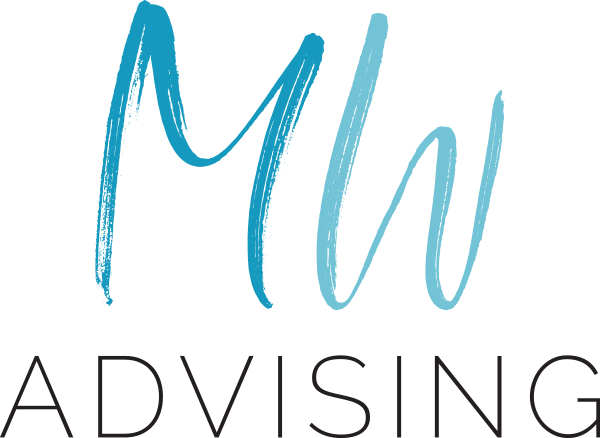This week was a blast with my students. The topic of the week was emotional intelligence. It was incredible to see the eye movements, head nods, and even a few “oh’s” pop up. We did an activity to round out the learning on balancing compassion with accountability. I am hearing from more of my clients and seeing chatter in social media circles that leaders are struggling with holding people accountable. Their concern lies in trying to hold people to expectations but do so in a way that is respectful. In other words, a different approach beyond the autocratic (and yes, there is a time and space to do that, but we’ll have that discussion another time). I presented them with a series of cases in which employees were…well…having work issues. Through a coaching methodology, they presented how they would handle each situation. I was delightfully heartened with their thoughtfulness, compassion, and critical thinking in handling each employee situation. They balanced the leadership roles of relationship building and getting the task done. I left with a full heart and huge smile.
One of the key components of emotional intelligence is empathy. I was so impressed with my student’s responses. They took each case (some were very intense) and the first thing they mentioned – in every single case – was (paraphrased) “we talked with the employee and got their story.” I was blown away. Besides the fact that they were listening to me during my presentation, ha, their “getting their story” led them to create an improvement plan WITH the employee, not just spout off consequences and threats. I was absolutely stunned in the best way. Like I’ve said before, the kids are alright. 😊
Empathy in these kind of situations takes place because of active listening – listening to understand, not just to hear. I’ve seen several people in social media this week – people I respect and admire – posting things like “If an employee comes to me with a problem, I don’t let them vent” or “Venting is not healthy” or my favorite these days (NOT) “Don’t come to me with your problems, bring me solutions.” Folks, venting is healthy. Problems, concerns, grief, and frustration from your employees are typically coming from poor communication, lack of understanding of expectations, poor processes (ugh, this one is off the charts these days), or poor organizational culture (read lack of trust and toxic leadership). When we talk, we are trying to be heard. When we vent, we are talking through the problem AND addressing the emotions that lie behind the problem. Telling your team that you don’t want to hear their problems is 1) dismissive and lacking in empathy and 2) telling about your own level of discomfort with problems. That last part is harsh, but it’s true. Being more concerned about your own comfort versus that of your team is a sign that leadership may not be the best role for you.
Active listening is about utilizing empathy to HEAR and VALUE the person in front of you. It takes skill no doubt. It takes practice. It takes a level of self-awareness of our own emotions to be strong listener. Folks, this is not about allowing people to sink into negativity or become complainers or be whiners. This is about HEARING and VALUING the human in front of you. Listen - really listen - to what that person is saying. THEN, start the coaching process to get to a solution. Remember, everyone wants these two things from their job: to be heard and feel valued. Active listening for the win!
What can I do to help you become a stronger active listener?
Here are several great resources to learn more about active listening:
From the Berkeley Well Being Institute:
https://www.berkeleywellbeing.com/active-listening.html
Communicating at Work: Strategies for Success in Business and the Professions by Ronald Adler, Jeanne Emhorst, and Kristen Lucas
Listening: Attitudes, Principles, and Skills by Judi Brownwell

